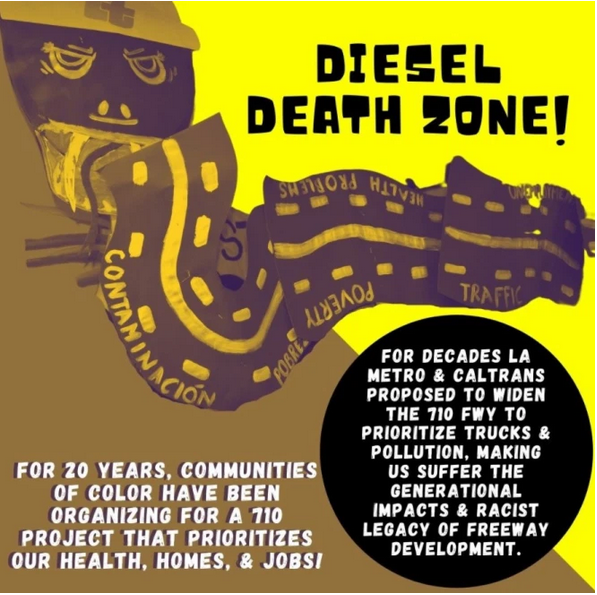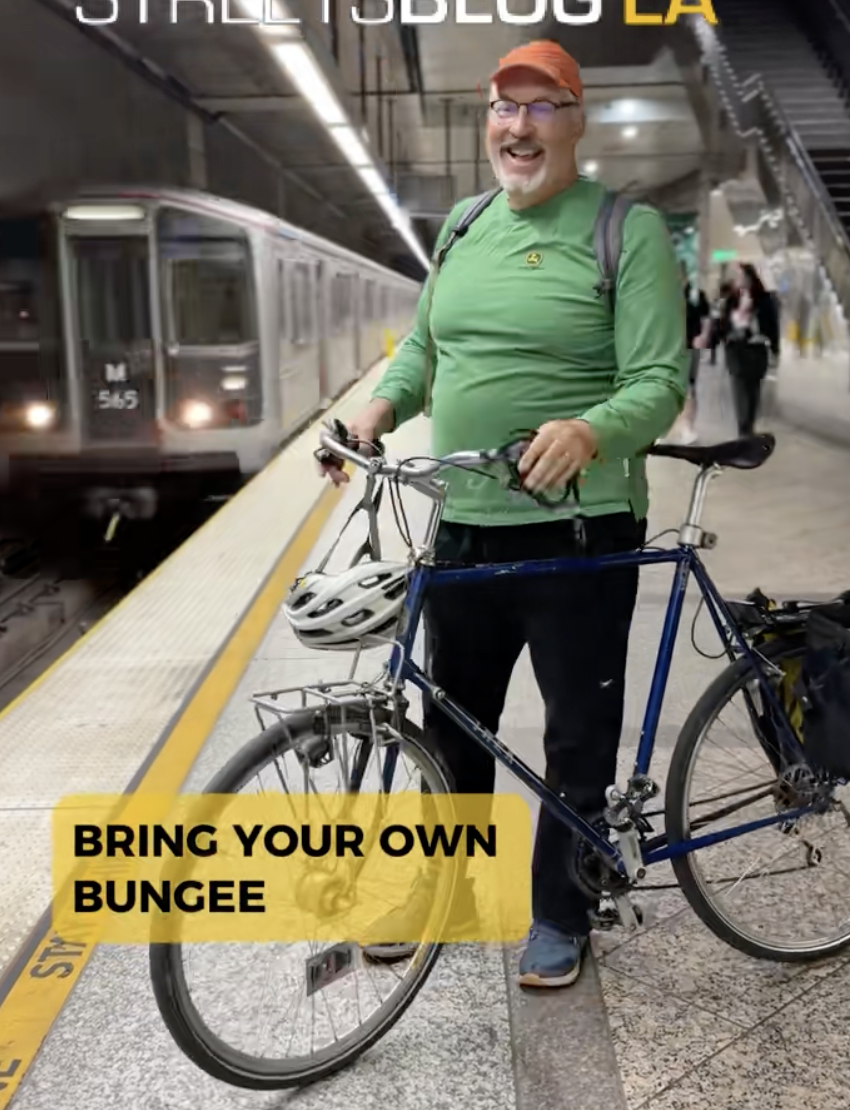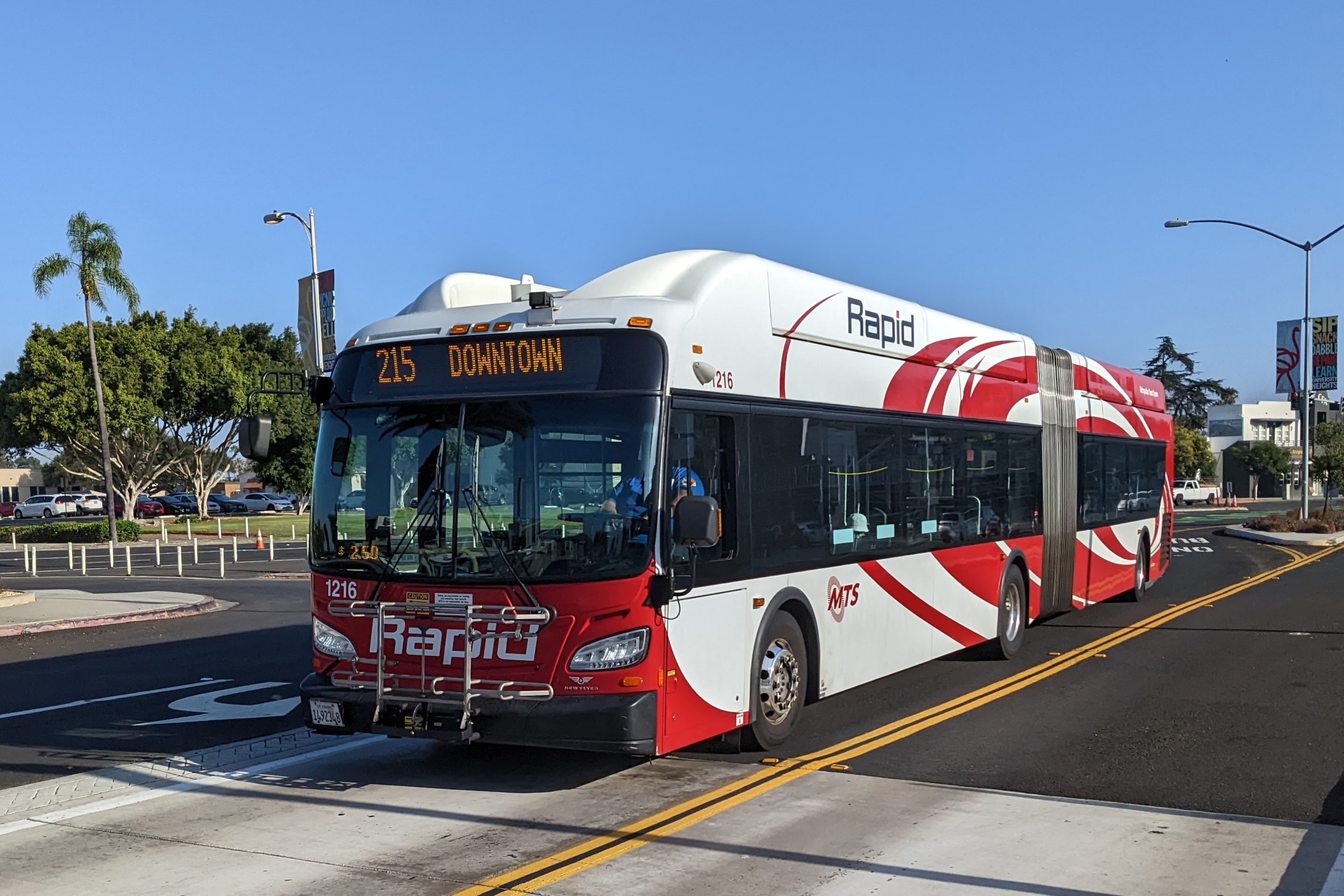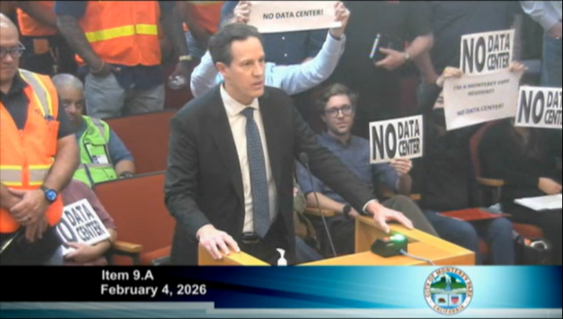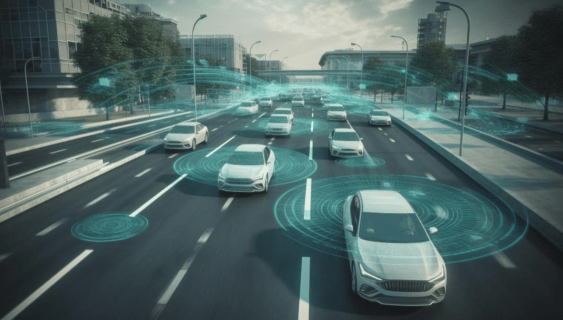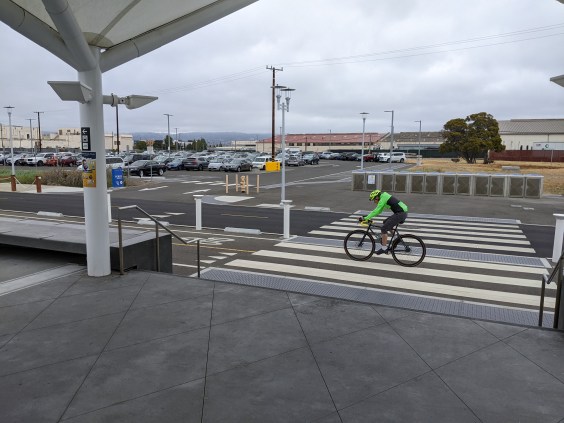It's Election Day. Polls are open until 8 p.m. throughout California. For this SBLA editor, it has been one of those days where nothing quite congeals into a full story... but there are quite a few updates - mostly stuff that SBLA has already recently shared via Twitter, so below is a round-up of a few short news bits. None of these have anything to do with today's election.
Metro Convenes First Meeting Of New 710 Freeway Widening Task Force
Last night, Metro convened the first meeting of its task force to rethink its suspended 710 Freeway widening project. There was a lot of worthwhile talk about how Metro and Caltrans will center equity, foster health, listen to the community, invest in multi-modal transportation, etc. It is difficult to take this rhetoric seriously from the agencies that have been pushing 710 Freeway widening for more than 20 years - all while ignoring the recommendations of earlier 710 Freeway task forces. Read Streetsblog's meeting Twitter thread.
One indication that Metro is not taking its freeway rethinking thing seriously is the language in Metro's own 710 Freeway staff reports. Metro asserts a lot of the same tired falsehoods that led to their 710 Freeway widening being put on hold: more lanes means less congestion and less pollution, Metro's 710 project would have meant fewer diesel trucks, equity means fixing congestion, etc. Find more of the lowlights at this SBLA thread.
If you live along the 710 Freeway corridor and you're interested in getting involved in ongoing activism to block harmful projects there, you might want to attend East Yard Communities for Environmental Justice's (EYCEJ's) meeting on Saturday September 25.
Metro Ridership Recovering
As of late August, Metro bus ridership is back up to about 75 percent of pre-COVID levels - per this Metro staff report - shared via this SBLA Twitter thread.
Bus ridership's recovery is well above rail which is recovering too, but only just over 50 percent. It is not entirely clear why rail is lagging, but some factors may be: free fares on buses, Metro restoring service cut during COVID, and construction work having shut down portions of several rail lines.
With transit service being restored to full pre-COVID levels this month (mostly last Sunday), perhaps a full ridership recovery is just around the corner.
Metro CNG Bus Fire
One small bump in Metro's plans to restore bus service levels was an apparently minor fire in one of Metro's new compressed natural gas buses. Per Metro spokesperson Dave Sotero:
On July 29 at 3 a.m., our Bus Operations Control Center issued a notification of a bus on fire at Division 3 [on Avenue 28 in Cypress Park]. The bus was out-of-service and there were no people on the bus at the time. The fire originated in an electric panel located at the right, rear corner of the interior of the bus. Both Metro and the manufacturer, ElDorado National California, Inc. (ENC), immediately dispatched forensic investigators to determine the exact cause of the bus fire. Metro and ENC also began immediate and extensive inspections of ENC buses to ensure that other buses did not experience the same issue. The problem appears to be limited to the circuit boards installed in the electric panel on the option order ENC buses. To date, ENC has been proactive in investigating and attempting to mitigate this issue.
The investigation and inspections determined that, with proper inspection of the circuit boards, there is no imminent danger to patrons or staff. However, out of an abundance of caution, Metro has withdrawn all of its approximately 180 ENC option buses from revenue service. No bus runs have been cancelled due to lack of sufficient buses. Metro has extra buses that can replace those that were taken out of service.
Measure M Local Return Goes Overwhelmingly To Support Driving
Some critics portray Metro's Measure M and R sales taxes as a transit tax. Most Streetsblog readers know this is far from the truth, with Metro spending billions to widen lots of L.A. County freeways. A recent presentation at a Metro Measure M oversight committee confirmed that another pot of sales tax money also goes overwhelmingly to cars and their drivers.
Metro "local return" funds go to L.A. County municipalities on a per-capita basis. Cities - and the county - spend these funds on various types of transportation projects. For the past quarter, the funding has gone overwhelmingly (~80 percent) to support driving. This is money that cities have to invest in buses, transit operations, even transit-oriented housing... but nearly all of it goes to fostering more and more driving.
More information on SBLA's Measure M Oversight meeting thread.
$425 Million 210 Freeway Barrier Project Not Quite Shovel-Ready
It turns out that Metro's planned $425 million 210 Freeway barrier project (the one that is supposed to keep trucks from crashing into the L Line right of way) is not quite shovel-ready. Metro spent $22 million on the design "to effectively address all the environmental issues" but didn't actually do environmental clearance on the main portion of the project - called Segment 2 - through Pasadena. The smaller, cheaper, and less important Segment 1 - through Arcadia - was found to be categorically exempt from environmental clearance in 2019. Read SBLA Twitter thread.
